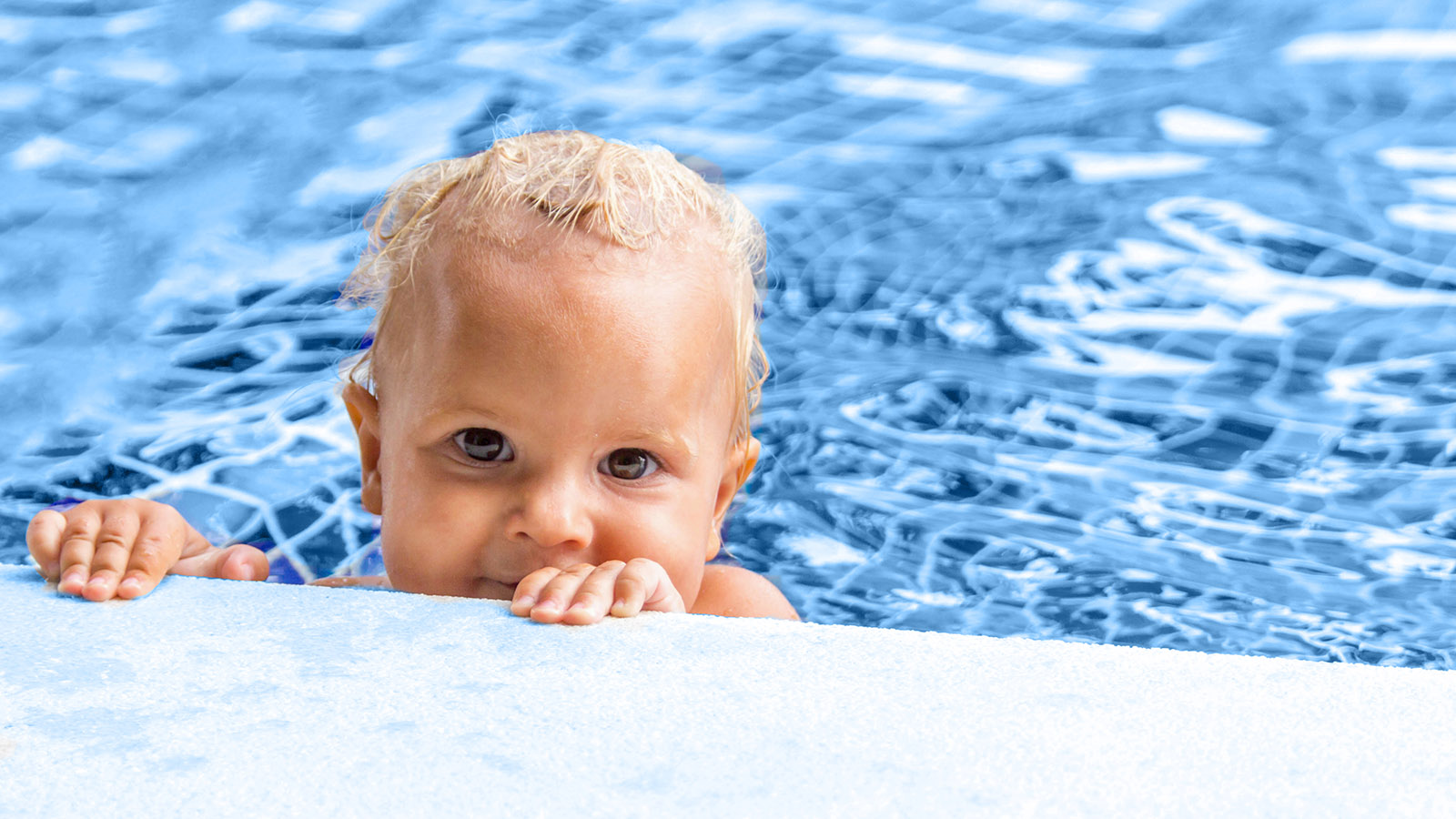Guest Post: Early Intervention is Important. And Fun.

stock photo
I was born with cerebral palsy, which is a broad diagnosis referring to "brain damage." Each person with cerebral palsy has different mental and physical capabilities depending on which parts of the brain are damaged and to what degree. In some ways it's a "wait and see" diagnosis. An important part of "seeing," though, is to get connected with early intervention programs.
Early intervention programs are publicly funded and available in every U.S. state with variation from one state to another, and provide services to children who have developmental delays, diagnosed disabilities, or have other conditions that may lead to developmental issues. Interventions may include speech therapy, physical therapy, occupational therapy, and other types of services.
I would not be where I am today without early intervention. I went to my first Special Baby Clinic at three months old because I was born several weeks early. I'm told that I started water therapy sessions when I was ten months old and physical therapy at age one. I started preschool at three, attending every afternoon at my local elementary school. I don’t remember much but a typical day integrated therapies within the preschool curriculum. I loved going to preschool and being with other kids, with and without disabilities.
At age four my family moved to another state and after an evaluation I was placed in a preschool classroom with medically fragile children due to my lack of mobility. I was safe but had no children to talk to or play with. I didn't like going to preschool anymore. My parents advocated for me to be given a more appropriate setting and a few changes were made, and I was much happier. My parents worked with the school district to consider placing me in a regular preschool and paying my tuition. I flourished the next school year at my new preschool academically, socially, physically. I have special memories of friends and teachers, and I still have contact with some. My parents observed that I could handle a mainstream classroom and thereafter I mainstreamed. Without the opportunities of early intervention, it would have been harder for my parents to know what was best for me. Having experiences with non-disabled children taught me social skills and pushed me academically. I was just one of the students.
As I mentioned earlier I started therapies early. Pool therapy was my favorite "early intervention." My pool therapists made it so fun for me. I remember making up my own gymnastics routines in the water and having competitions. It didn't matter that I was the only competitor, and I still have the medals to prove it. When I was building up my leg strength by walking with weights on my ankles, my therapist put plastic strawberries in the water for me to pick up as I went along. It was fun to search for strawberries and pick them up. I loved the freedom that being in the water gave me. On land, I use a wheelchair for everyday mobility and a walker for exercise. In the pool, on the other hand, I can walk unassisted if the water is at chest height because the buoyancy of the water holds me up. It is an amazing feeling to walk unassisted.
Early intervention therapies have helped me gain and maintain functionality of my body. I honestly do not know what condition my body would be in today without it. Good therapists give parents and children tools and tips to understand their body and mind and teach them to implement exercises or strategies on a consistent basis. They also taught my parents how to do transfers safely. I enjoyed therapy because the therapists made it fun and challenging.
The purpose of early intervention is to provide needed services to children with developmental issues, but the beauty happens when the people providing these services become important individuals in a child's life. I did not even realize these people were "intervening" for me.
I do not remember a lot of specifics from the early interventions I had, but they enabled me to progress physically and socially. I remember the names of quite a few of my physical and occupational therapists. I knew that they cared about me and what I was interested in. They pushed me to do a little bit more, and I wanted to please them. There are many types of early intervention and I have only shared my own experiences. Again, without early intervention my life today would be drastically different.

